Will Guyana seize the opportunity and embark on a green development path for the benefit of all?
With its vast forests, modest economy, and relatively low population, Guyana is not a major contributor of greenhouse gas emissions in the region. All that is about to change because Guyana is on the cusp of a major oil boom that is set to transform the economy and will have significant implications for society and the environment.
Exxon Mobil, Hess and the Chinese oil giant CNOOC are now beginning to exploit one of the largest off-shore oil finds in recent years, with production set to start in 2020.
Several new oil fields have been uncovered this year alone, putting Guyana on track to exceed established producers like Mexico and Norway. The World Bank expects the country’s GDP to grow 34% in 2020, up from 4.6% in 2019.
Avoiding the “Resource curse”
Economic booms, such as the one anticipated for Guyana, have often led to a “resource curse,” and with it corruption and conflict. History is full of examples of countries whose natural-resource wealth led to less economic success. Revenue from extracting raw materials might be mismanaged or embezzled by government officials, or siphoned off by foreign corporations. The windfall might crowd out investment in other parts of the economy and make goods and services more expensive. And the country’s fiscal and economic fate might depend on volatile global commodity prices, especially for fragile and less diverse economies. All told, local populations can be left with little to show for their resources except a degraded environment and a disgruntled electorate.
Opting for the right way
Strengthening governance of the oil sector through strong institutions, robust transparency, and public participation will be key. At Rainforest Foundation will keep a close watch, along with our partners on the ground in Guyana, on what the implications will be for indigenous peoples and the conservation of forests.
Read our latest brief for a summary of the current situation with petroleum development and its implications for Guyana.
While the proceeds from the oil sector will accrue via the Natural Resources Fund directly into the general budget, civil society organizations in Guyana will need to ensure that the government lives up to the principles of transparency and good governance, and meets the objectives of the Green State Development Strategy.
Protecting Guyana’s wealth on land: its vast forests
With the exploitation of large offshore oil reserves, Guyana is contemplating its development path, with forests and indigenous rights hanging in the balance. With a rapid increase in GDP will come pressure for increased investments in infrastructure on land. Roads, big infrastructure projects, large-scale agriculture and commercial development are unlikely to be limited to the coastal region where the bulk of the investments is expected due to its proximity to the oil extraction and processing facilities.
About 87% of Guyana is forested and large swaths of the countryside are the traditional lands of the nine different Indigenous Peoples that depend on the natural resources of the forest for their wellbeing. Guyana’s identity is also intimately tied to the country’s rich Indigenous heritage. It would be a tragedy if the Guyanese people invested their new found wealth in the type of development that will forever and inalterably change the country’s rich natural diversity and the unique nature of the country’s Indigenous cultures.
Read our latest brief on what we see are some of the opportunities and challenges, as well as indigenous proposals to advance rights-based sustainable development.
For additional information about the Rainforest Foundation’s programs and partners in Guyana, please visit our country page.








